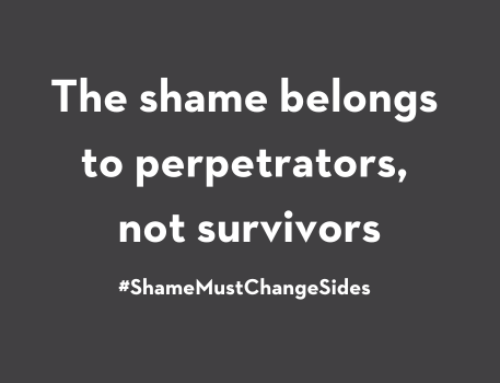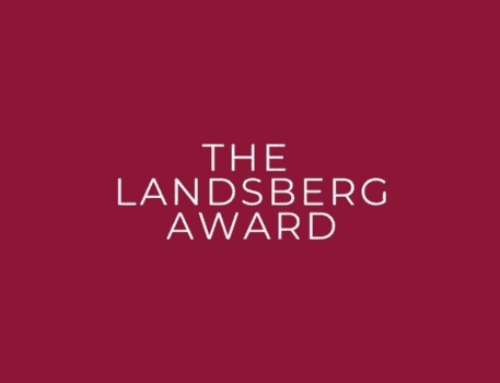
I get where this resistance comes from, and I know it’s ultimately a good place. As women we’ve spent so much of our lives being defined as an ‘other’ and told that the injustices of the world stem from our inherent inferiority, rather than the flawed world we live in. The suggestion that we are holding ourselves back is uncomfortable, to say the least, but I think it is important to consider.
To me it seems obvious that centuries of discrimination and the misogyny we continue to face have worked their way into our own hearts. This is what kills me the most about sexism – that many of us come to doubt our own value, our own competence, internalizing ideas about what women are, what we’re good for. We learn to play small in the world because we are too afraid of being disliked, or worse still, failing and being held up as an example of exactly why women don’t deserve to be in powerful positions.
Of course there are many exceptions, but I think too many of us are still held back by unconscious fears that we’re ‘not _______ enough’. Add to this the crippling perfectionism that comes with constantly trying to prove our worth, and you have the perfect recipe for avoidance of risk and a reluctance to compete.
For this reason, I believe one of the most important things we can do is continue the hard and sometimes painful process of emancipating ourselves from our own self-limiting beliefs. To challenge the fears we harbour about our own abilities, our place in the world. Until we acknowledge this dark side of our own hearts, I believe we will continue to fall short of our potential.
There are a few books I’ve read over the years that have given me this perspective, and I think they should be required reading for everyone.
-
The Cinderella Complex: Women’s Hidden Fear of Independence (Colette Dowling)
Allusions to princesses, and the suggestion that we’re secretly sabotaging ourselves did not sit well, and I picked up this book with some hesitation. Despite being written in 1987, the message is still highly relevant. It made me aware of my powerful unconscious desire to please, and my reluctance to “cross the pond” and do something challenging or daring, secretly afraid that I just don’t have the ability. It was the first book that forced me to examine the disempowering beliefs living in my head, and understanding them has made a huge difference in my life.
-
The Confidence Code: The Science and Art of Self-Assurance, What Women Should Know (Katty Kay and Claire Shipman)
This book lays out the reality that even the most high powered and successful women demonstrate less confidence than their male counterparts. The authors tackle the question of why this deficit exists, come to the conclusion that perfectionism and people pleasing (two qualities women are socialized to take on) drastically undermine confidence, and provide strategies to tackle these issues.
-
Mindset: The New Psychology of Success (Carol Dweck)
Another very well researched book that explains how viewing our traits (i.e. intelligence, athleticism, confidence, etc.) as fixed entities leads to insecurity, risk aversion and an inability to handle failure. In contrast, believing that these same qualities can be developed through effort leads to confidence, growth, and ultimately happiness and success. It also lays out tools for how to change our ‘mindsets’. Especially relevant for women and other ‘minorities’ because fixed ideas about our (lack of) ability are so prevalent.
There are a staggering number of external barriers that must be tackled in the name of feminism, so perhaps discussions of confidence-building seem frivolous. Personally, I know I will only have the strength to address these various problems if I continue to empower myself in every way I can. I believe that only when we are at our most powerful can we make real changes in the world.
This starts with having the guts to look inside our own hearts and challenge the barriers that exist within. It starts with us.
Learn More
- The Power of Voice
- How to help girls feel connected
- What was your most empowered decision? 9 women share theirs
- Join GEN1. Become a monthly donor and help us build the first generation to experience real gender equality.
- Sign up for our e-newsletter to have our latest stories and resources sent to your inbox.
- Follow us on Facebook and Twitter to join a national conversation on gender equality.







